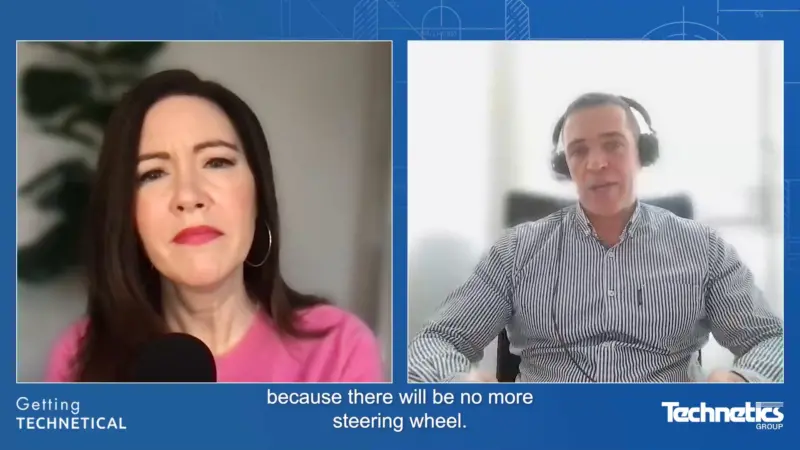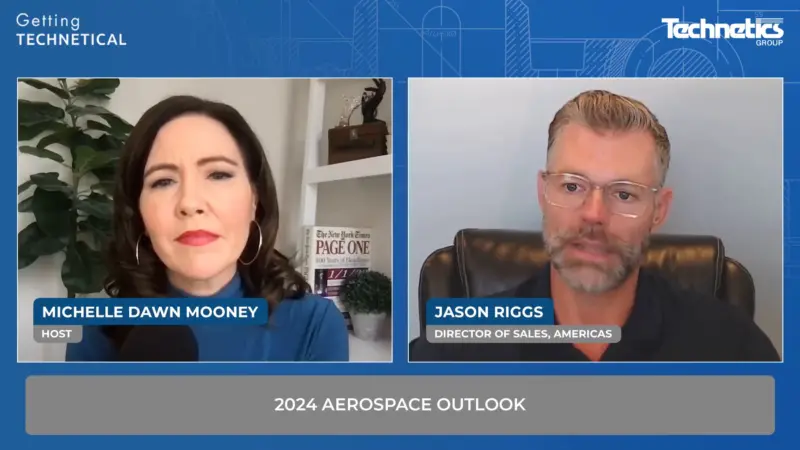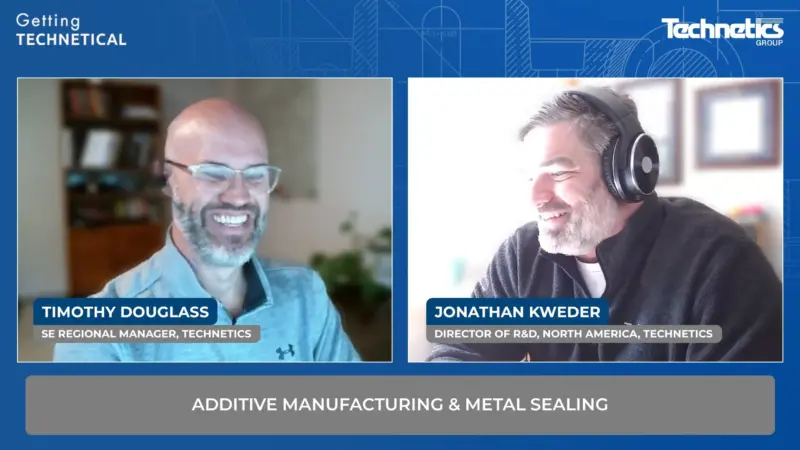Why SMR Designers Should Consider Bringing Sealing Vendors in At Early Stage
Chris Cosgrove, a senior business development manager at Technetics, shares insights into the advancements in new nuclear technologies and highlights the crucial role of sealing vendors in their optimization.
With nuclear energy being the largest source of carbon-free power, expanding its reach is essential for global carbon emission reduction. Small modular reactors (SMRs) are a promising development in this regard. These reactors, prefabricated in factories for on-site assembly, are significantly smaller in size compared to existing commercial reactors and are designed to be walk-away safe.
Within the realm of SMRs, Technetics offers valuable expertise in developing customized sealing hardware solutions. As Chris explains, a seal, along with its associated hardware, forms a sealing system, and early collaboration with Technetics during the development cycle ensures cost-effective, leak-tight sealing. Factors such as temperature, pressure, media being sealed, leak rate, and seating load are carefully considered to design the optimal sealing system.
Sealing systems for SMRs must meet stringent requirements, including high-temperature, high-pressure, and high-radiation environments. Technetics, renowned as the foremost expert amongst nuclear sealing vendors, specializes in reactor vessels, feedthroughs, pressurizers, piping, and even spent fuel pools, among other critical components.
Metal seals, one of Technetics’ specialties, offer numerous advantages over polymers in challenging conditions. Their engineers offer a wide range of configurations, including standard move, raised face flange, and more, ensuring high-performance sealing while maintaining cost-effectiveness. Metal seals are particularly suitable for joints where temperature or pressure exceeds the limits of elastomers like Viton or in high-radiation environments.
Technetics not only focuses on reliable performance but also understands the importance of minimizing radiation exposure to nuclear workers during maintenance operations. By delivering robust sealing solutions, they contribute to enhanced safety and efficiency in nuclear facilities.



